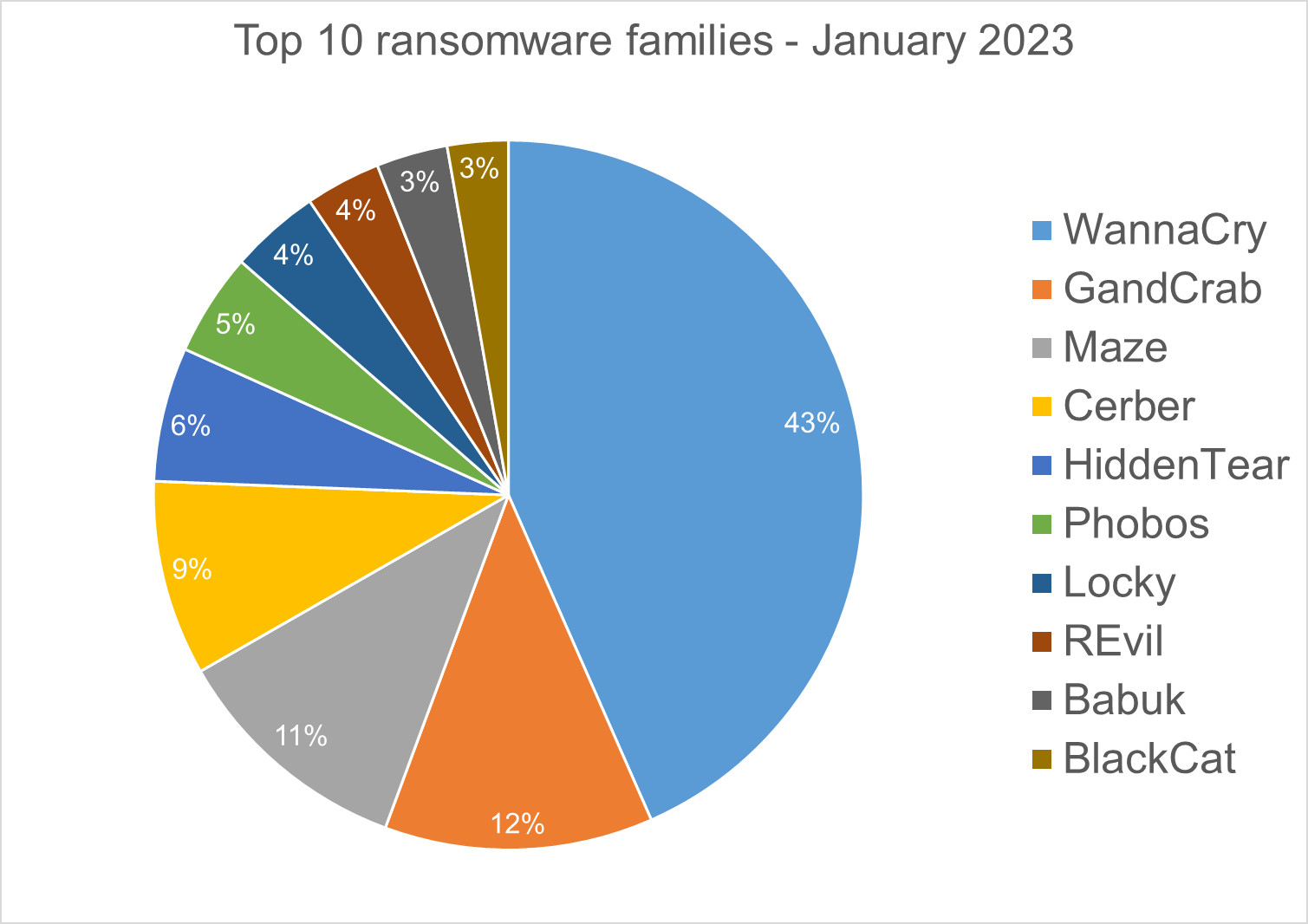The end of summer vacation may come as a relief to many parents because they had been struggling to pay for their children's vacation activities as the rising trend of students engaging in more diverse and specialized activities has driven up costs.
The root of the problem lies in the tendency of students (with parents' encouragement in many cases) to blindly pursue activities that their peers engage in. This is because many parents mistakenly believe that higher costs equate better opportunities for their children. Many parents even believe the newest or most "innovative" programs, often branded "smart" or "intelligent", are inherently better.
More importantly, some parents overlook the fact that every child is unique, and has different interests and needs. They wrongly believe in a one-size-fits-all approach, and assume that what applies to school also applies to summer activities. Then there is peer pressure. The fear of their children falling behind if they don't participate in certain activities prompts parents to push their children to take part in every possible activity, which increases their financial burden.
The situation is exacerbated by the shift of many travel and educational program organizers from nonprofit to commercial models, where the focus is on making more profits than on imparting education. Although the demand for such programs has surged, the benefits don't necessarily match the costs.
In reality, extracurricular activities, including travel and training, are not necessities. So families should evaluate their own resources before making their children participate in every activity. Often, spending less on activities and understanding the personal needs of children by talking to them about their interests will be more beneficial to the children's growth.
Additionally, making their children take part in activities that would enhance their knowledge, make them more worldly wise and teach them life skills might even help them earn some money, which could cover the cost of their summer activities and ease the burden of the parents.
Families should choose summer activities for their children according to their financial condition. Parents should identify the genuine needs of their children, and understand which activities they are truly interested in, and what will boost their individual strength and help them achieve their long-term goals. For instance, if gaining social experience is a priority, part-time work or volunteering could be as, if not more, valuable to children as expensive programs.
Finding the Right Balance for Your Child
The start of a new school year brings with it a flurry of activities, from sports, music, and drama to art, languages, and even Lego clubs. Parents are often caught in a whirlwind of choices, trying to provide their children with a varied and enriching experience. But in the midst of this whirlwind, it's essential to ask: how many activities are too many?
Bethan O'Riordan, psychotherapist and host of the Mum Mind podcast, emphasizes the importance of extracurricular activities, highlighting their role in helping children develop new skills, meet friends, and learn how to cope with pressure. "Having a varied life is often what really helps a child to thrive," she says.
However, O'Riordan also cautions against overcommitting, stressing that each child is different and needs a different amount of stimulation and downtime. "Some children can keep going and others need more rest," she notes. "It's important to listen to your child. Do they need more?"
The Impact of Over-Scheduling
The pressure to enroll children in numerous activities can stem from a combination of parental desire to offer opportunities, fear of missing out, and social pressure. But O'Riordan emphasizes that the key is to ensure activities don't come at the expense of family time. "It's a parent who raises a child. It's us as a parent who helps our child become who they are, so if a child is away from the parent for loads and loads of different things, it's almost a distraction from the relationship that the parent needs to build with the child," she explains.
Over-scheduling can also lead to exhaustion and overwhelm, particularly for children who are already dealing with the demands of school. O'Riordan notes that for many children, "school is an enormous amount of mental and physical work." She advises parents to be mindful of their child's overall well-being, recognizing that "learning to rest is a real skill."
The Importance of Family Time
As children transition to secondary school, the pressures and demands intensify. This can lead to a temptation to drop activities to accommodate these new challenges. However, O'Riordan cautions against this, highlighting the importance of balance and downtime. "They do an enormous amount of work these days, whether it's academic, whether it's in their activities, and having down time is really, really important." She emphasizes that "remember, learning to rest is a real skill, and we want to help set up these young adults with this skill."
Parents need to be mindful of their own internal pressures and anxieties, ensuring that they're not pushing their children too hard. O'Riordan suggests asking yourself: "Do I want my child to do that activity for me, or for them?" The answer can provide valuable insight into your motivations and help you navigate the choices you make for your child.
Finding the Right Fit
While it's important to offer opportunities, it's equally important to respect your child's choices. If a child expresses a desire to stop an activity, it's worth having a conversation about their reasons. O'Riordan suggests that "it's okay to take breaks from things, but also you're the parent. It's your job to make sure they have a full and balanced life." She adds that "if they're just stopping an activity to come home and sit on a screen, that's something that would concern me. We're up against it as parents and we have to make their life outside of the online world more exciting than being in the online world."
Financial Considerations
The cost of extracurricular activities can add a significant burden to family budgets, particularly during the summer months. The increase in specialized activities and the shift towards commercial models in travel and educational programs have contributed to this trend. It's essential for families to evaluate their financial situation and make choices that are sustainable and responsible.
Balancing Needs and Wants
Ultimately, the key to finding the right balance for your child lies in open communication, respecting their interests, and prioritizing their well-being. While it's natural to want to provide opportunities, remember that children need time to explore, play, and simply be kids. Don't let the pressure of "keeping up" lead to over-scheduling and overwhelm. Instead, focus on creating a balanced and fulfilling experience for your child, one that fosters their growth, encourages their passions, and allows them to develop a healthy relationship with their time and their talents.
How To Make Your Kids Appreciate Their Family Time
As parents, it can be easy to get caught up in the whirlwind of scheduling activities for our children. However, it's important to remember that a healthy balance between activities and family time is crucial for their development. Here are some ways to make sure your kids appreciate their family time:
1. Make Time for Shared Activities
Find activities that everyone can enjoy together, whether it's going for a hike, playing board games, or simply reading together. These shared experiences create lasting memories and strengthen family bonds.
2. Set Boundaries
Let your children know that family time is important and that certain times are off-limits for activities or screens. This will help them understand that family is a priority.
3. Be Present
When you're with your children, put away your phone and truly be present. Engage in conversation, listen to their stories, and show genuine interest in their lives.
4. Create Rituals
Regular family meals, movie nights, or game nights can create a sense of routine and belonging.
5. Prioritize Family Vacations
Take time away from the everyday routine to spend quality time together as a family.
By prioritizing family time, you're showing your children that they are loved and valued. These shared experiences will lay the foundation for healthy, fulfilling relationships as they grow older.

















